As this week’s portion begins, Abraham is visited by three men. Our rabbis tell us these were messengers of God sent to heal him from his circumcision, to prophesy that the barren Sarah would give birth to a son in a year, and to proceed to Sodom and Gomorrah to implement the final destruction of those epicenters of evil.
As the visitors tell Abraham that he and Sarah will have their long-awaited son when he reaches age 100 and she 90, the question is raised: Having reached this age when Sarah’s body no longer experiences the monthly way of women, and with her husband as old as he is, is she really going to have a baby now?
The baby, Isaac, is born a year later. He inherits the family destiny and grows up to be the second of our three patriarchs.
Life is about many hopes and many lost hopes. We are blessed that we can face challenges and disaster and still hope. People face disease. Some cannot make ends meet financially. Good jobs are hard to come by, and sometimes the best of jobs are lost. People in midlife sometimes unexpectedly find themselves single and want so much to marry, to find an honest and true life partner, but each lead turns up empty — and no one seems to care (because, typically, no one else does).
So we hope tomorrow will be better. A change of fortune or circumstances is just around the corner — my next job application and interview, the new doctor and the new medicine, the new social introduction and date. We burst with so much new hope. And then, again, we are brought back to terra firma, disappointed, another lead that failed to pan out.
At some point, every so often, nagging doubts tug at our hearts: “Are we kidding ourselves? Maybe it never is going to get better. I never will find a decent job. I am going to die alone.” These moments are experienced, in one fashion or another, by all of us. “Having reached this age … am I really going to have a baby now?”
If there is one overriding theme in Jewish history and peoplehood, perhaps our greatest secret to survival and success, it is that we never give up. We never lose hope. For Sarah and Abraham, the challenge was whether they ever would have a son. By the end of the parsha, with that boy now grown to age 37, the new concern became whether they would lose that son all too soon.
In different forms and shapes, that concern touches many parents, and I am approached all too often by parents from around the country: “Rabbi, our child has departed from the path of Torah. We have tried everything, and we just don’t know what else to do.”
Here is what I share: As long as your child is alive, there is hope. People do sometimes depart from our path, and some come back. I have seen it often. Perhaps your child will connect with a spouse whose own commitment to Judaism will point the way back. As long as there is life, there is hope.
Whether it is a Jewish nation standing at the Sea of Reeds with a massive Egyptian army approaching, or a terrified Jewish population in Judea’s capital facing the prospect of a massacre the next day by Sennacherib’s massed armies, we never give up. How are we going to get through the waters? We don’t know. What will we do tomorrow when the Assyrians attack Jerusalem? We don’t know.
We just pray three times a day. We do our best. And we never give up.
As our Torah portion ends this week, Isaac asks his father, as they walk toward Mount Moriah, ostensibly to offer an animal sacrifice to God: “I see the fire and wood, but where is the animal for the sacrifice?” (Genesis 22:7). Abraham, who thinks he is commanded to offer his son as the sacrifice, responds that he does not know: “God will make the animal seen.” In other words, “I have no answer. I don’t know. But I never stop hoping and believing that, when the time is propitious according to His plan, He will show us the solution.”
When the time comes, there is the ram, stuck in the bulrushes, there is the parting of the Reed Sea. Sometimes it is a miracle of biblical proportions, sometimes a surprise callback for a job interview, an unexpected check in the mail, or finally, a person to marry and enjoy for the rest of one’s life as a best friend.
We never give up hope.
Rabbi Dov Fischer, adjunct professor of law at Loyola Law School and at UC Irvine School of Law, is a columnist for several online magazines and is rabbi of Young Israel of Orange County. His writings appear at rabbidov.com.






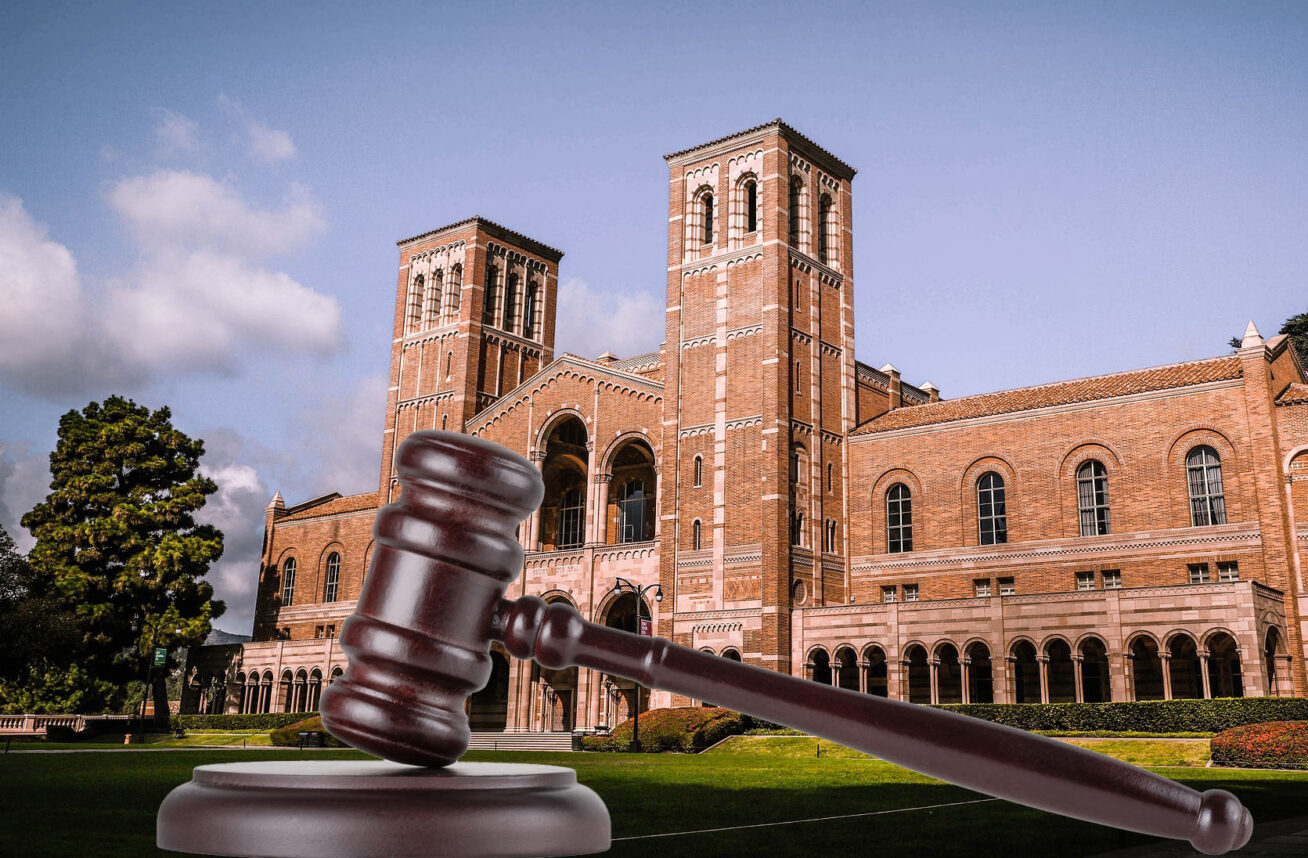

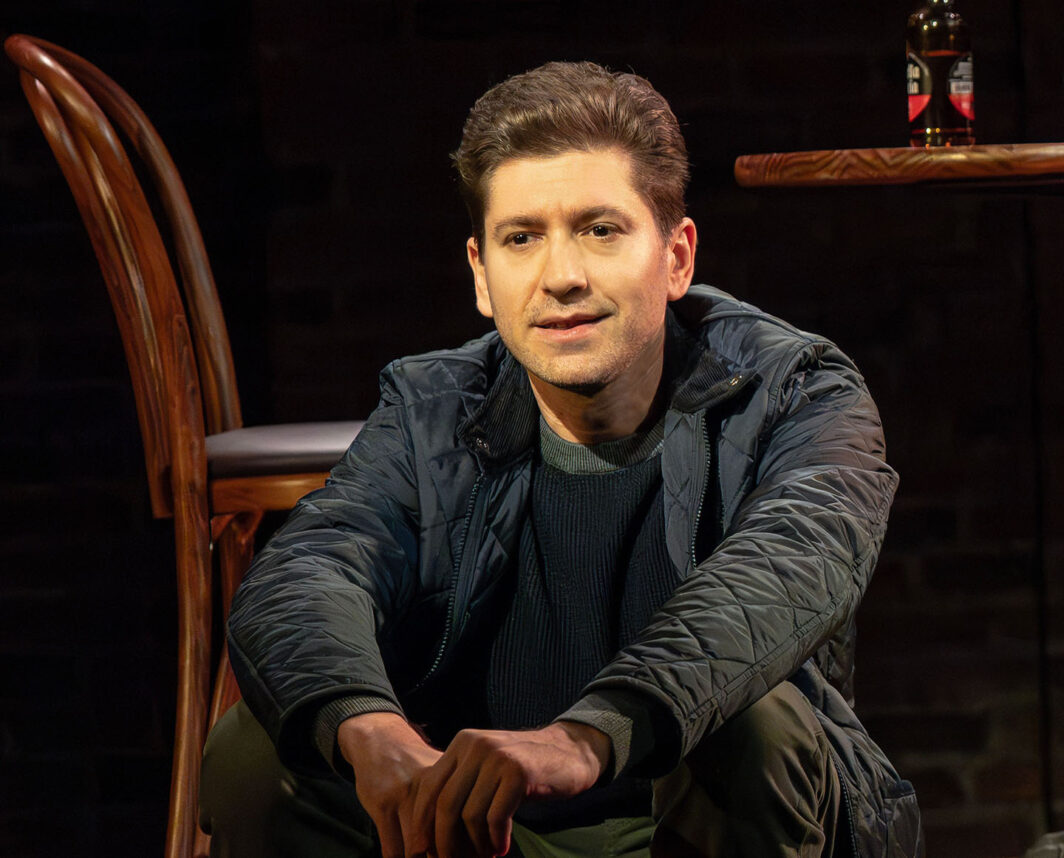
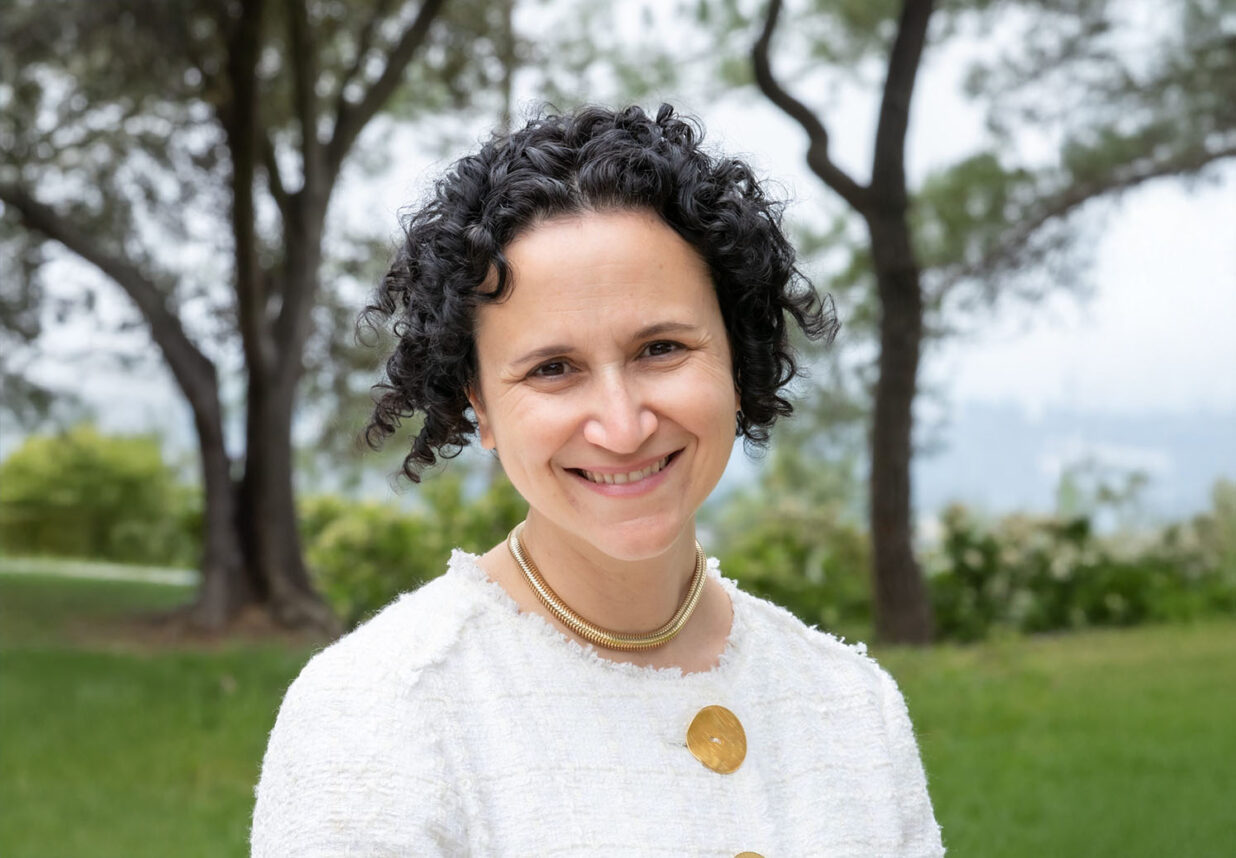

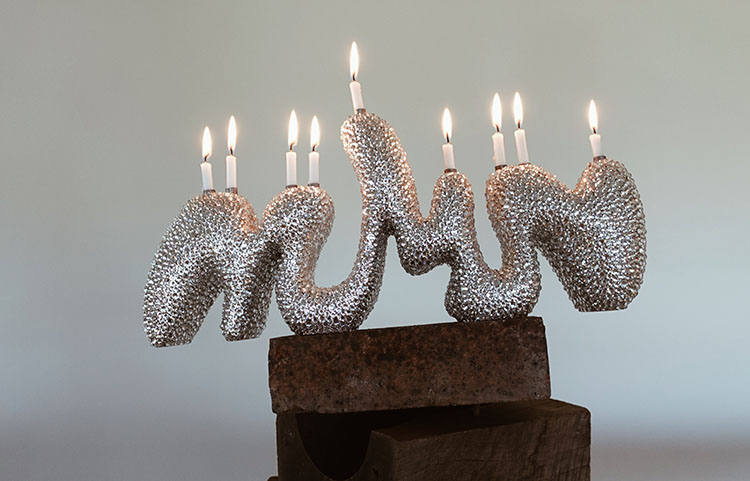
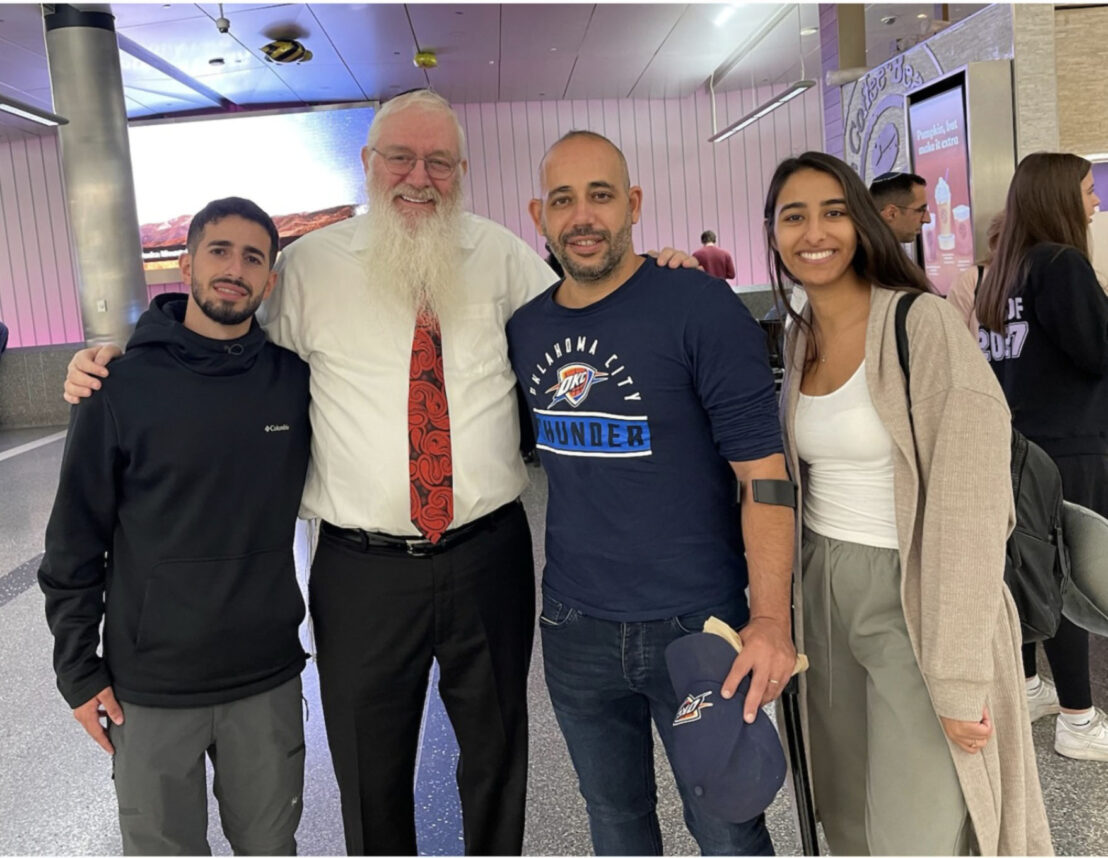

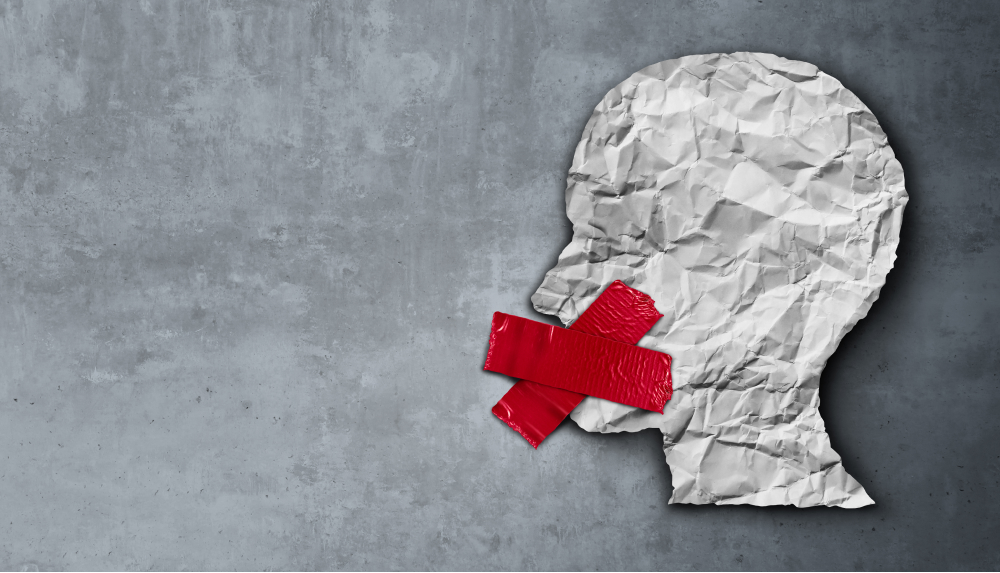







 More news and opinions than at a Shabbat dinner, right in your inbox.
More news and opinions than at a Shabbat dinner, right in your inbox.